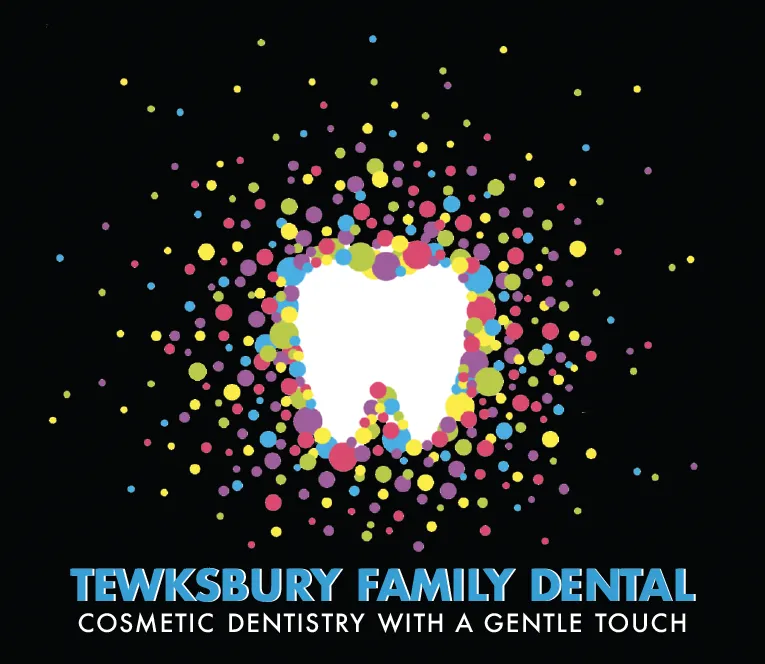FIVE WAYS TO PROTECT YOUR CHILD’S ORAL HEALTH AT HOME:
- Clean your infant’s gums with a clean, damp cloth.
- As soon as the first teeth come in, begin by brushing them with a small soft-bristled toothbrush.
- To avoid baby bottle tooth decay and teeth misalignment due to sucking, try to wean your child off of the breast and bottle by one year of age, and monitor excessive sucking of pacifiers, fingers, and thumbs. Never give your child a bottle of milk or juice before nap or bedtime.
- Help a young child brush at night- the most important time to brush due to lower salivary flow and higher susceptibility to cavities and plaque. Usually, by the age of 5 or 6 the child can learn to brush his or her own teeth with proper parental instructions.
- The best way to teach a child how to brush is to lead by good example. Allowing your child to watch you brush your teeth teaches the importance of good oral hygiene.
Common Questions Parents ask:
WHEN SHOULD MY CHILD FIRST SEE THE DENTIST?
The ideal time is six months after your child’s first teeth erupt. This is to safeguard against problems like baby bottle tooth decay.
HOW OFTEN SHOULD MY CHILD BE SEEN?
Once your child turn 3 years old, six month recalls are recommended
WHAT WILL HAPPEN ON THE FIRST VISIT?
Most of the time, the first visit is just and introductory icebreaker to acquaint your child with Dr. Shahidi. If the child is frightened, uncomfortable or non-agreeable, a rescheduling may be necessary. Patience and calm on the part of the parent and reassuring communication with your child are very important in these instances. Short, successive visits are meant to build the child’s trust in Dr. Shahidi, and can prove invaluable if your child needs to be treated later for any dental problems.
If child is agreeable, the first session often last 15-30 minutes and may include the following, depending on age:
- A Gentle but thorough examination of the teeth, jaw, bite, gums and oral tissues to monitor growth and development and observe any problem areas:
- If indicated, a gentle cleaning, which includes polishing teeth and removing any plaque, tartar build up and stains:
- X-Ray
- A demonstration on proper home cleaning and Assessment of the need for fluoride
ISN’T FLUORIDE DANGEROUS? DOES MY CHILD NEED IT?
*Fluoride makes enamel more resistant to cavities. Tewksbury water does have fluoride in it, therefore your child will not need to take tablets. However, topical fluoride is still recommended. Please note, if your child only has bottled water, make sure it has fluoride in it.
Source: Academy of General Dentist

